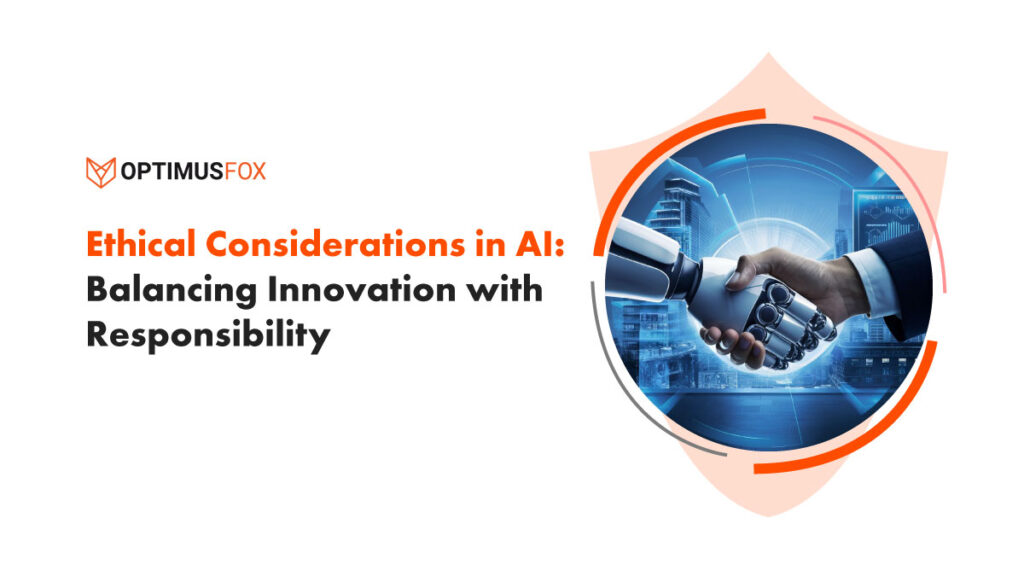Ethical Considerations in AI: Innovation with Responsibility

How AI Has Changed The World AI has brought major advancements in efficiency, cost reduction, and outcome improvement throughout multiple sectors around the globe. In healthcare, AI algorithms like those from Google Health can diagnose diseases such as diabetic retinopathy and breast cancer with remarkable accuracy, and AI-driven drug discovery has drastically reduced development timelines, exemplified by BenevolentAI’s rapid identification of a candidate for ALS treatment. The finance sector benefits from AI-powered fraud detection systems, which cut false positives by over 50%, and algorithmic trading that enhances market efficiency through real-time data analysis. Retail giants like Amazon and Alibaba leverage AI for personalized recommendations, boosting sales by up to 35%, while AI-driven inventory management optimizes stock levels, reducing waste. Manufacturing has seen reductions in downtime and waste through predictive maintenance and AI-enhanced quality control, with companies like BMW improving defect detection. Agriculture benefits from AI through precision farming, which increases crop yields by up to 25% while conserving resources, and AI-driven pest control that minimizes crop damage and pesticide use. These applications underscore AI’s critical role in revolutionizing various sectors, leading to enhanced operational efficiency and superior outcomes. The Problem AI’s potential is vast, impacting fields from healthcare and finance to policies and laws, but there are some issues that cannot be ignored. AI systems are often trained on large datasets, and the quality of these datasets significantly impacts the fairness of the AI’s decisions. This issue is not just theoretical; with facial recognition technology, it has been found that error rates of up to 34% are present for dark-skinned women, compared to less than 1% for light-skinned men. In natural language processing (NLP), word embeddings like Word2Vec or GloVe can capture and reflect societal biases present in the training data, which leads to biased outcomes in applications such as hiring algorithms or criminal justice systems. Think of this: if an AI system gives a wrong diagnosis, who is accountable—the AI developers or the doctors who use it? If a self-driving car causes an accident, is the manufacturer responsible? There are major issues concerning privacy as well when AI comes to the picture. A report from the International Association of Privacy Professionals (IAPP) found that 92% of companies collect more data than necessary, posing risks to user privacy. Differential privacy, for example, can add noise to datasets, protecting individual identities while allowing for accurate data analysis.In the UK, an AI system used in healthcare incorrectly denied benefits to nearly 6,000 people, highlighting the consequences of opaque decision-making processes. AI’s capacity for automation presents both opportunities and challenges. While AI is expected to create 2.3 million jobs, it may also displace 1.8 million roles, particularly in low-skilled sectors. Ethical Considerations Regarding AI Utilitarianism, which advocates for actions that maximize overall happiness and reduce suffering, provides a framework for evaluating AI; AI systems designed to improve healthcare outcomes align with utilitarian principles by potentially saving lives and alleviating pain. For example, AI algorithms used in predictive diagnostics can identify early signs of diseases, leading to timely interventions and improved patient outcomes, as demonstrated by studies showing AI’s superior accuracy in diagnosing conditions like diabetic retinopathy and breast cancer. However, utilitarianism also raises questions about the distribution of benefits and harms: an AI system that benefits the majority but marginalizes a minority may be considered ethical by utilitarian standards, yet it poses serious concerns about fairness and justice. For instance, facial recognition technology, while useful for security purposes, has been shown to have higher error rates for minority groups, potentially leading to disproportionate harm. In another perspective, deontological ethics, which emphasizes the importance of following moral principles and duties, offers another lens for examining AI; certain actions are inherently right or wrong, regardless of their consequences. For instance, an AI system that violates individual privacy for the sake of efficiency would be deemed unethical under deontological ethics. The use of AI in surveillance, which often involves extensive data collection and monitoring, raises significant ethical concerns about privacy and autonomy. Challenges in Ethics for AI One of the significant challenges in AI is the “black box” nature of many algorithms, which makes it difficult to understand how they arrive at specific decisions. For example, Amazon had to scrap an AI recruiting tool after discovering it was biased against women, largely due to training data that reflected historical gender biases in hiring practices. Similarly, AI systems used in lending have been found to disproportionately disadvantage minority applicants due to biased data inputs, perpetuating existing social inequalities. Transparency and explainability are essential for building trust and ensuring that AI systems operate as intended. Without transparency, stakeholders—including developers, users, and regulatory bodies—cannot fully assess or trust the decisions made by AI systems. This lack of transparency can erode public confidence and hinder the broader adoption of AI technologies. Bias in AI systems is another critical ethical challenge. AI algorithms can inadvertently perpetuate and amplify existing societal biases present in training data. For instance, predictive policing algorithms have been criticized for reinforcing racial biases, leading to disproportionate targeting of minority communities. Addressing these biases requires a multifaceted approach, including diversifying training datasets, employing bias detection and mitigation techniques, and involving diverse teams in the development process. Regulations like the European Union’s General Data Protection Regulation (GDPR) emphasize the right to explanation, mandating that individuals can understand and challenge decisions made by automated systems. This regulatory framework aims to ensure that AI systems are transparent and that their operators are accountable. Similarly, the Algorithmic Accountability Act introduced in the United States requires companies to assess the impact of their automated decision systems and mitigate any biases detected. Practical and Ethical Solutions for AI Techniques such as Explainable AI (XAI) and audit trails are essential for making AI systems more transparent; XAI methods like LIME and SHAP provide insights into how models make decisions, enabling users to understand and trust AI outputs. Google’s AI Principles advocate for responsible AI use, emphasizing the need to avoid creating or reinforcing unfair

 Chat with us
Chat with us